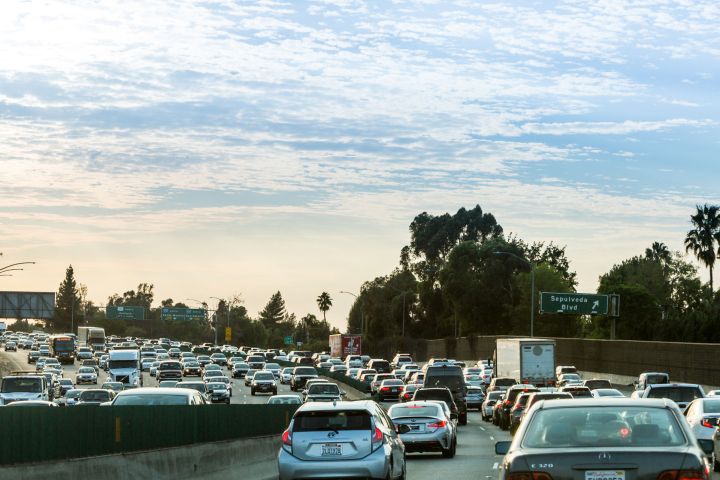
The letter is focused on changing the Environmental Protection Agency’s (EPA) greenhouse gas rules, as well as the fuel consumption standards administered by the U.S. Department of Transportation’s (USDOT) National Highway Traffic Safety Administration (NHTSA). The group wants the Trump administration to take a new look at the regulations. The letter also asks for a hold on all federal proposals made since September 1 that relate to alternate fuel vehicles and autonomous vehicle development. Proposals made during that time period encompass Obama administration actions to speed the deployment of electric cars, and proposed guidelines for autonomous vehicle development and testing from the Department of Transportation.
Automotive News obtained a copy of the letter in which alliance CEO Mitch Bainwol wrote, “We live at a moment where technology and change are swamping the regulatory capacity to manage our emerging reality. Reform is imperative.”
A major effect of increasingly tighter emissions standards and fuel consumption regulations is that they pressure automakers to invest in the development of electric cars. By 2025, manufacturer fleet averages are supposed to be at least 50 miles per gallon, which carmakers who sell huge volumes of trucks and large SUVs cannot reach without adding zero-emission, high mileage equivalent electric cars to their lines.
Automotive News cited an EPA Technical Assessment Report about the 2025 standards in which automakers were ahead of expectations on both fuel efficiency and emissions reductions. The Alliance of Automobile Manufacturers dismissed the report, saying it “over-projects” technology benefits and doesn’t reflect consumer acceptance and the market. “The combination of low gas prices and the existing fuel efficiency gains from the early years of the program is undercutting consumer willingness to buy the vehicles with more expensive alternative powertrains that are necessary for the sector to comply with the more stringent standards in out-years,” wrote Bainwol.
Electrek noted the irony of recent statements by automakers in contrast to the positions taken in the Alliance letter, “On one side, most of the same automakers represented by the alliance claim to be heavily investing in electric cars and they publicly agree that electrification is the future of transport, but on the other hand, their top lobbyists are asking to reduce the requirements that apparently prompt those investments.”



